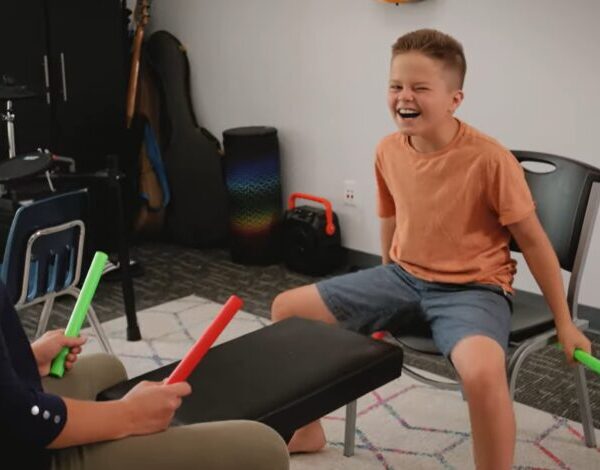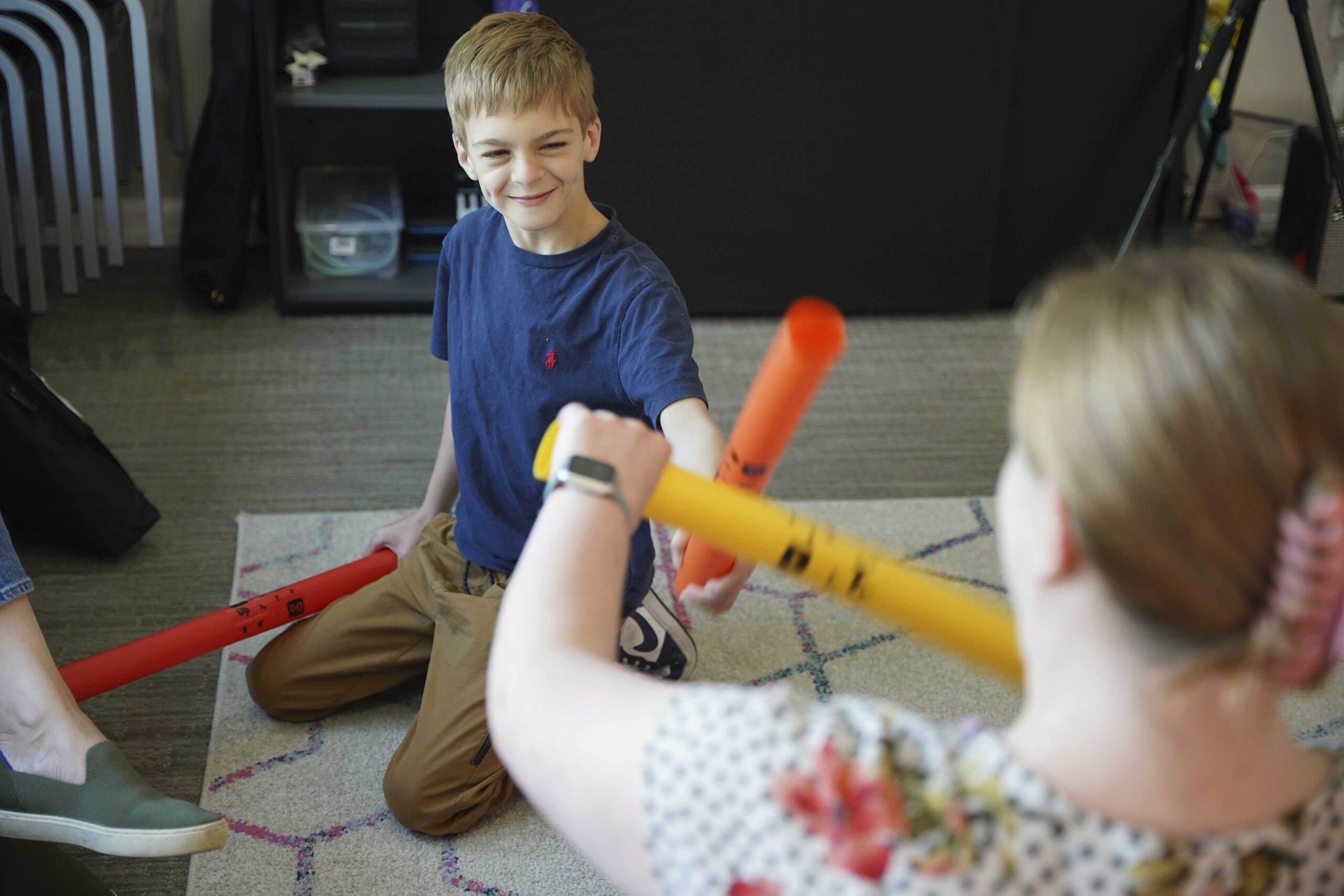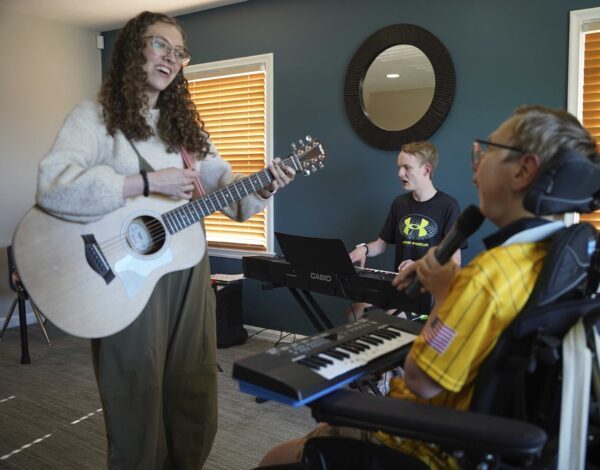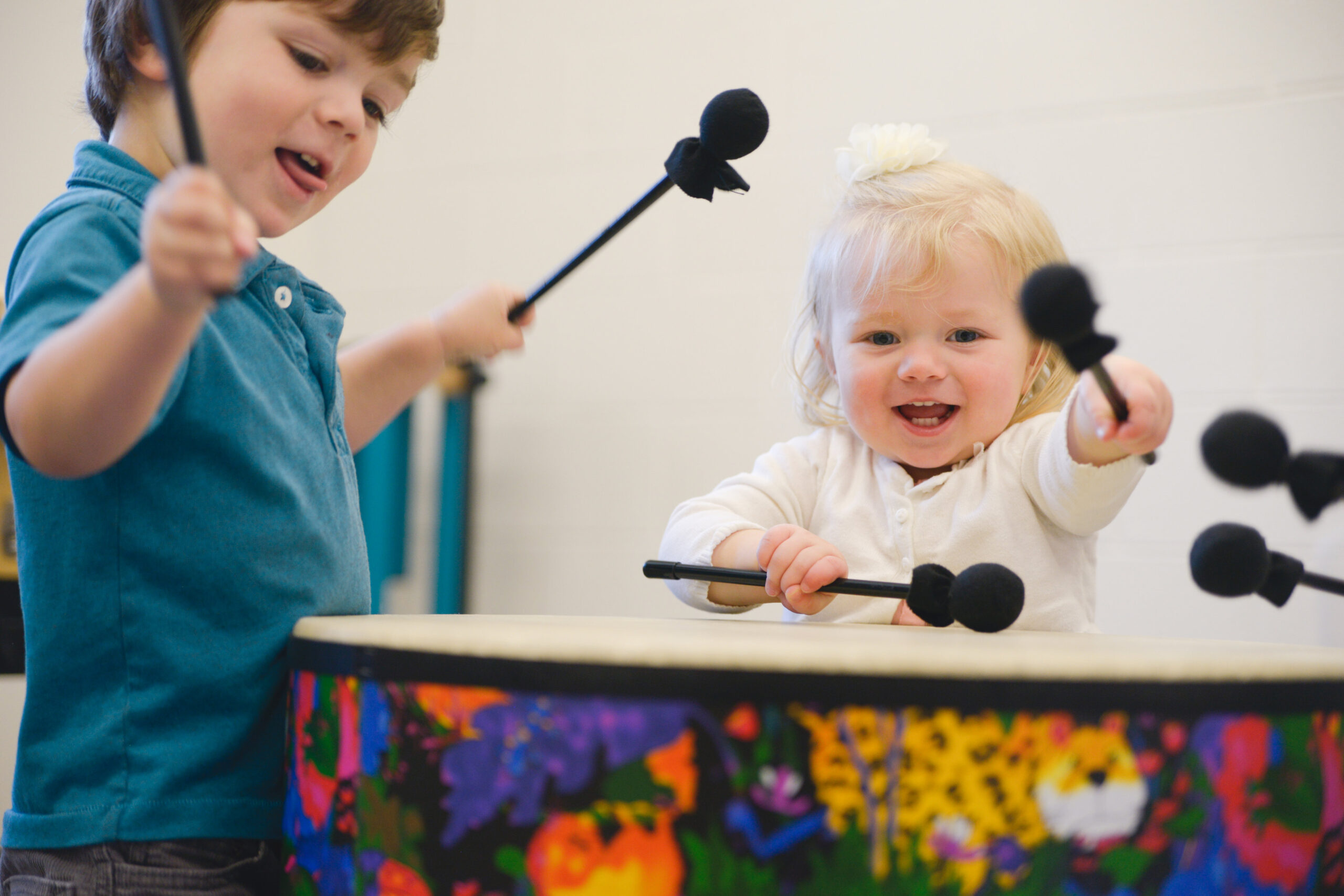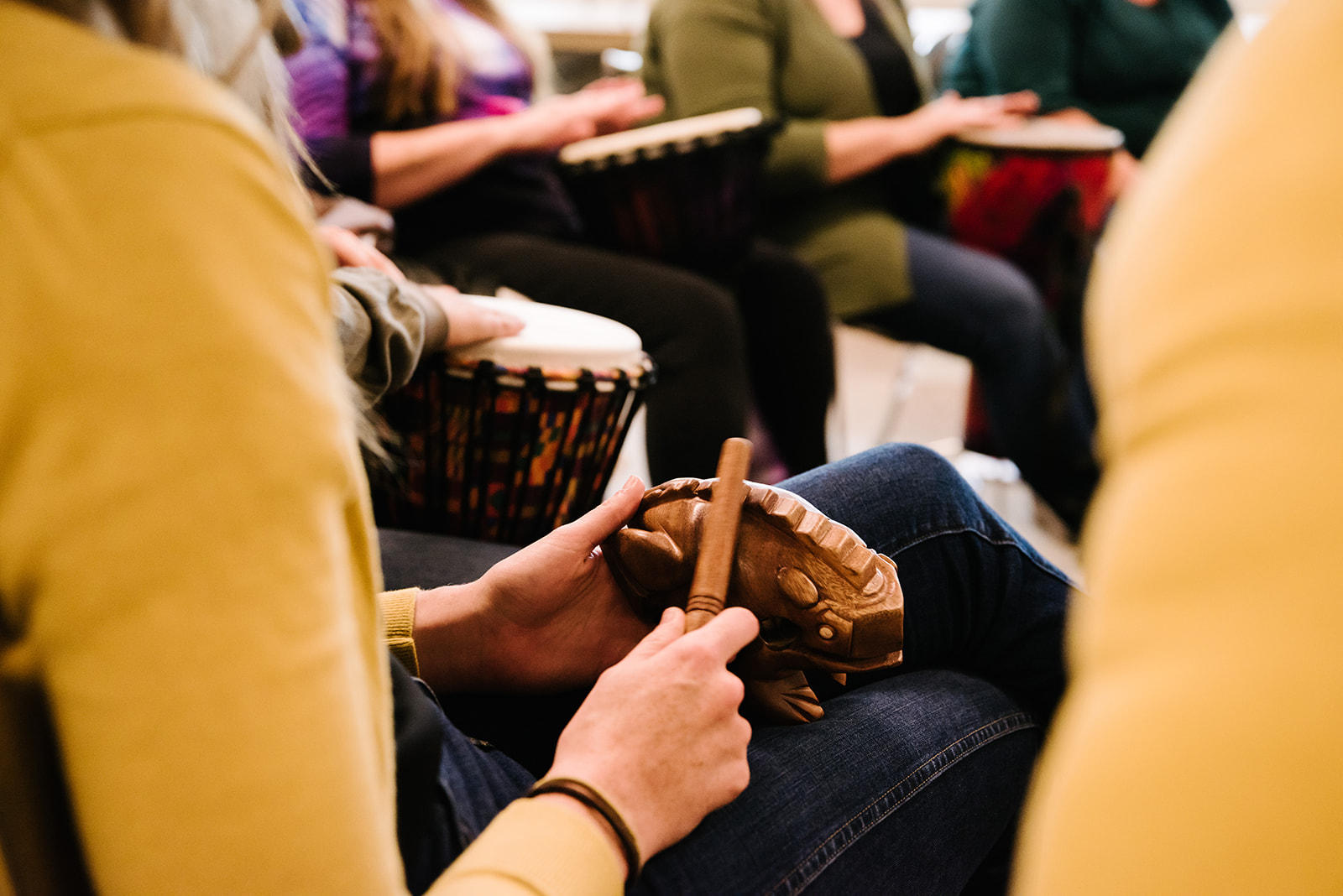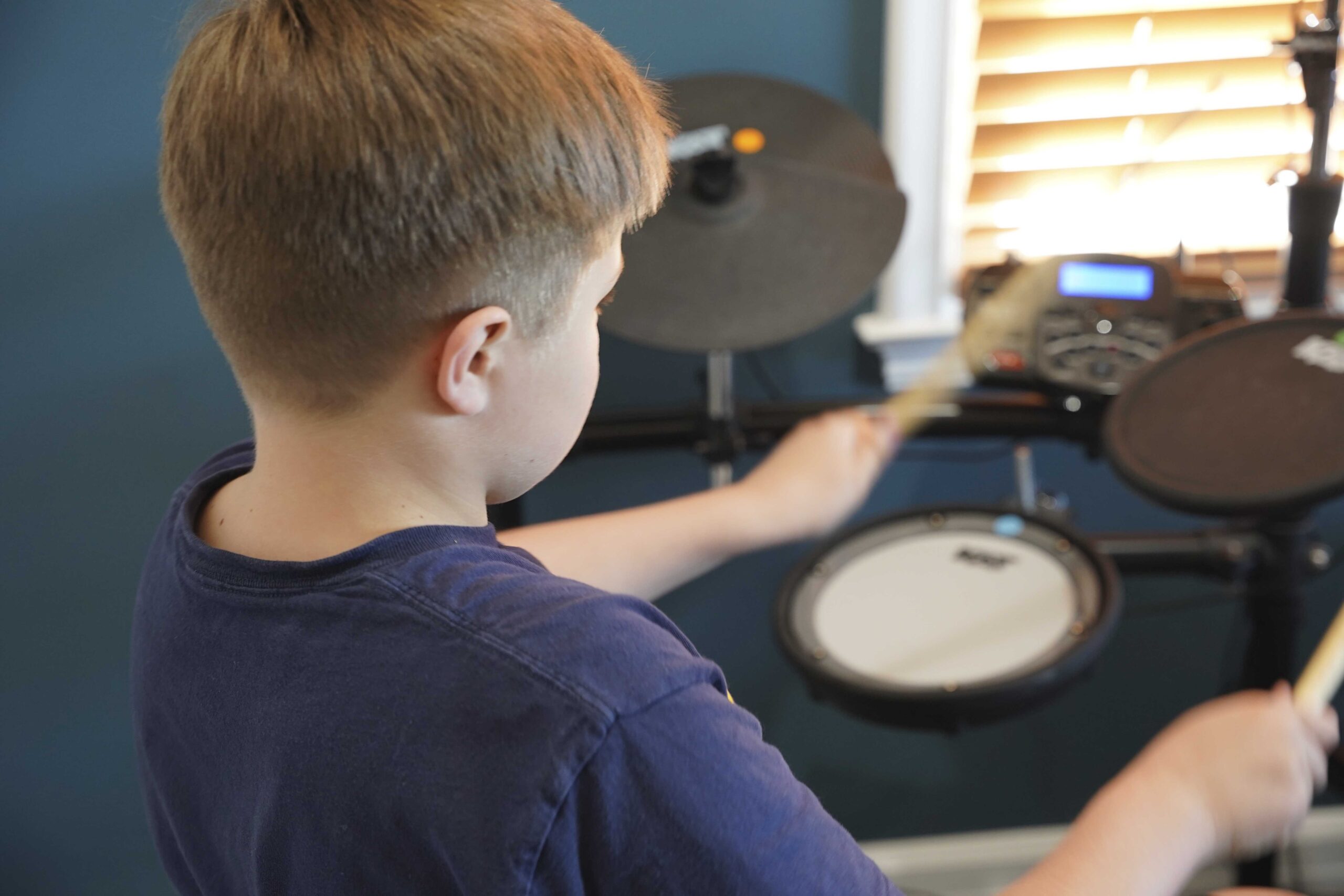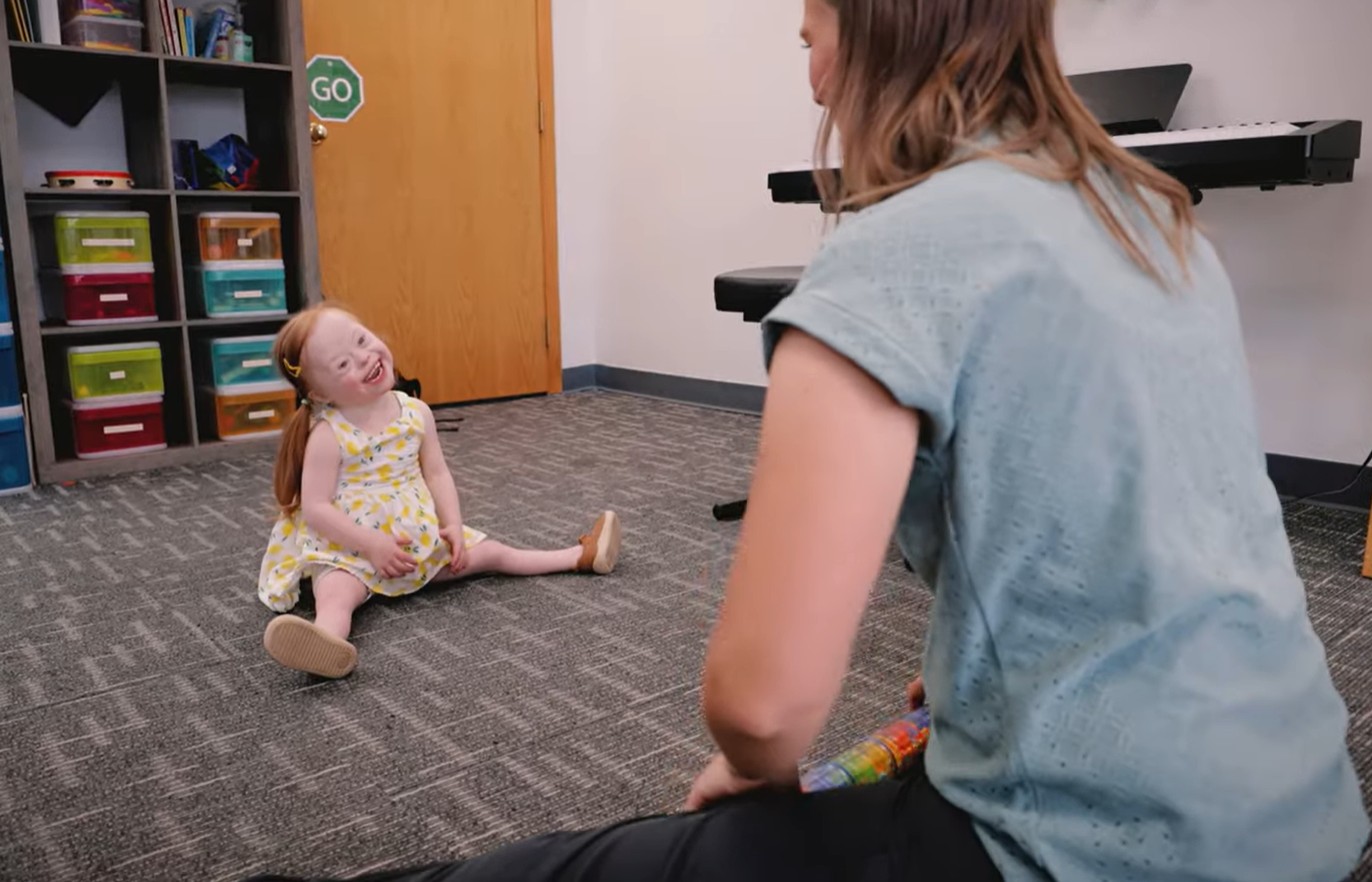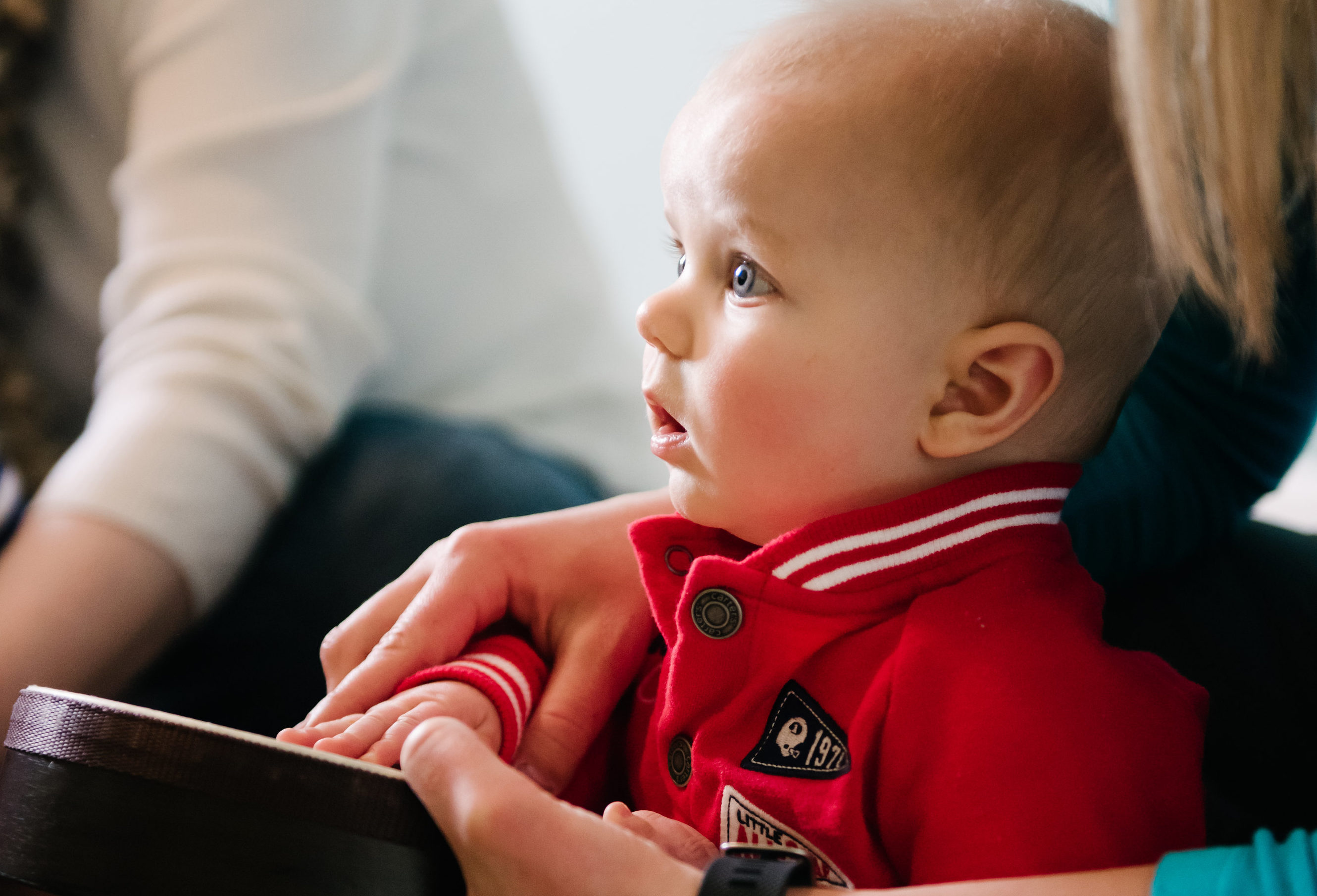5 Reasons Why Your Autistic Child Loves Music
Music isn’t just entertainment — it’s an experience. And for many autistic children, music is more than just enjoyable… it’s regulating, connecting, and deeply meaningful. Here’s why: 1. Music Helps Organize the Sensory System Children with Autism Spectrum Disorder (ASD) often experience challenges with sensory integration — the brain’s ability to process and organize information..

